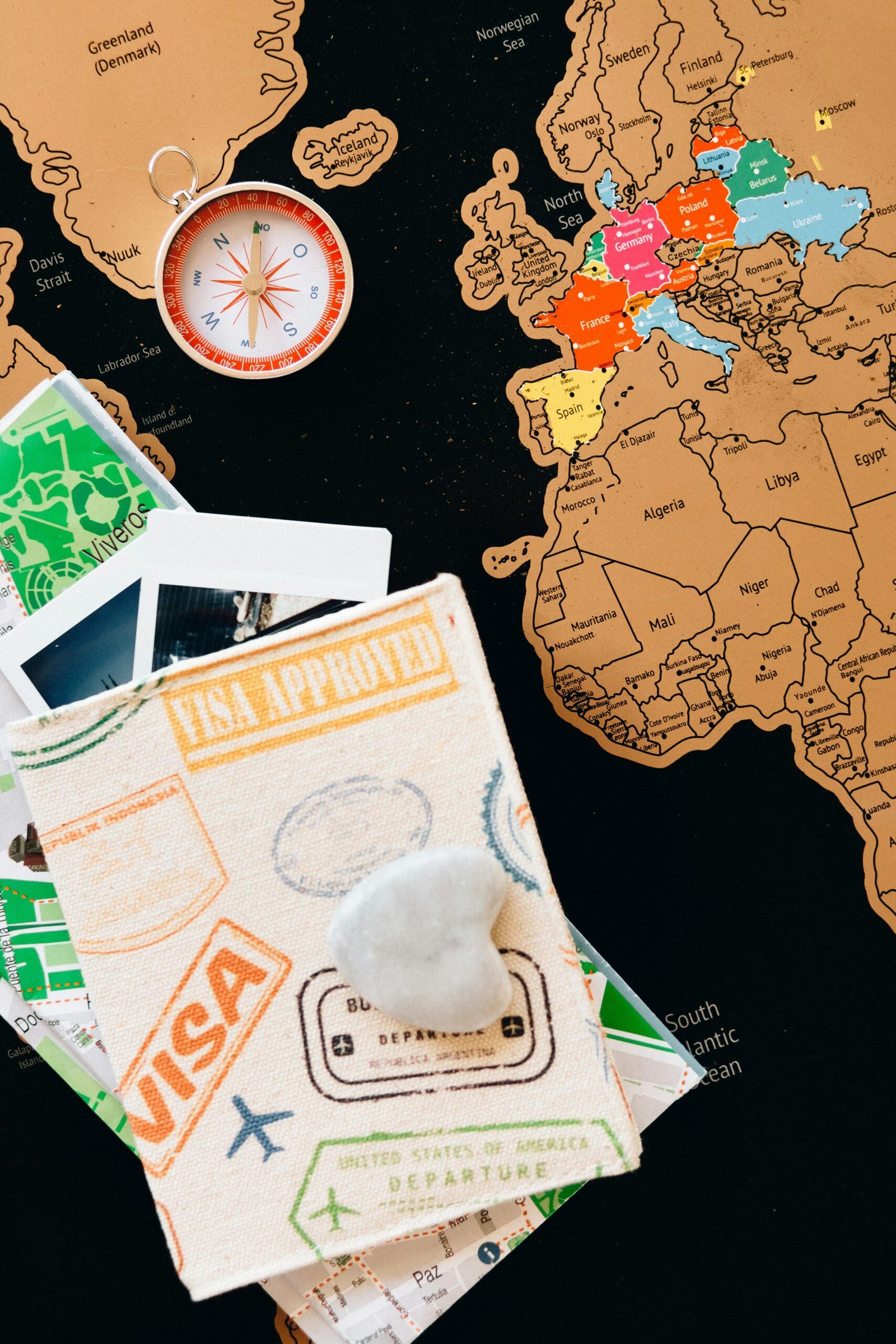Introduction:
Global crises, such as pandemics, natural disasters, or geopolitical tensions, can significantly impact international travel and immigration. This post will guide readers through how to stay informed, adapt travel plans, and understand the implications for immigration status during such unpredictable events.
Section 1: The Importance of Staying Informed
- Subscribe to Official Channels: Follow official government sources, such as the U.S. Department of State, UK Home Office, and other relevant immigration authorities. They provide the latest updates on travel restrictions, visa processing delays, and entry requirements.
- Use Trusted Travel Apps: Utilize travel apps like International SOS, Re-open EU, and Sherpa that offer real-time updates on travel advisories, border restrictions, and health requirements.
- Join Expat and Traveler Communities: Online forums and social media groups can provide on-the-ground insights from people experiencing the situation first-hand. Platforms like Reddit, Expat.com, and Nomad List can be invaluable for staying current.
Section 2: Adjusting Travel Plans During Crises
- Flexible Booking Options: In uncertain times, choose airlines, accommodations, and travel insurance plans that offer flexible booking options. Look for policies with no-change fees, easy cancellations, and clear refund processes.
- Contingency Planning: Always have a backup plan. Know the alternate routes, neighboring countries’ policies, and different visa options if your primary plan becomes unfeasible.
- Temporary Relocation: If you’re already abroad and face sudden restrictions, consider short-term relocation options. Some countries offer temporary visas or extensions to travelers stranded due to unforeseen circumstances.
Section 3: Immigration Status During Global Crises
- Understand Visa Implications: During a global crisis, standard immigration processes may change. Some countries might offer automatic visa extensions, while others could tighten regulations. Stay updated on how these changes affect your visa status and any necessary actions you need to take.
- Legal Advice and Support: In complicated situations, seeking legal advice can be crucial. Immigration lawyers can provide guidance on maintaining legal status, filing for extensions, or applying for new visas under altered regulations.
- Emergency Services: Many countries offer emergency assistance to their citizens abroad. Register with your embassy or consulate to receive alerts and assistance if you’re caught in a crisis.
Section 4: Post-Crisis Travel and Immigration Opportunities
- Emerging Opportunities: After a crisis, some countries may introduce new visas, programs, or relaxed regulations to boost tourism and attract skilled workers. Stay informed about these opportunities, which might offer new avenues for travel and immigration.
- Learning from the Experience: Reflect on the lessons learned from navigating travel and immigration during a crisis. Use these insights to better prepare for future uncertainties, whether it involves improving your emergency planning or understanding how global events can impact immigration policies.
Conclusion:
Global crises can significantly disrupt travel and immigration plans, but being informed and adaptable can make a difference. By staying connected to official sources, having contingency plans, and understanding the implications on your immigration status, you can navigate these challenging times more confidently. Remember, with every crisis comes the opportunity to learn and emerge more prepared for the future.




